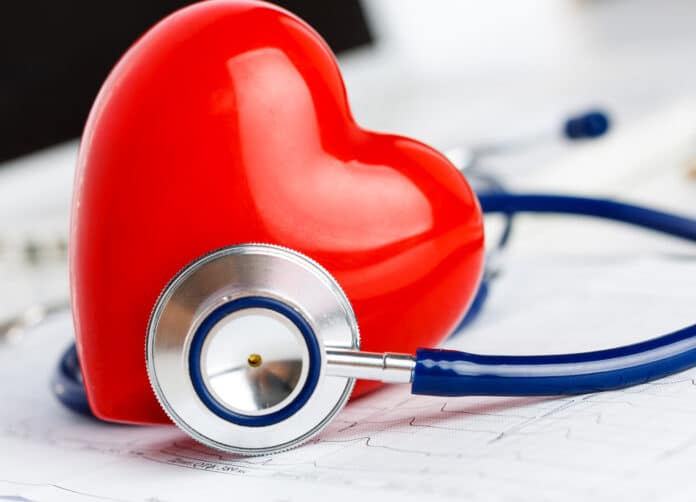
One common symptom of a stroke is a powerful and sudden headache. On the other hand, a heart attack often happens with chest pain. In addition to these indicators, this article will teach you about the differences between a heart attack and stroke to help you get the best treatment possible.
What Are the Symptoms?
The symptoms of a heart attack and stroke depend on:
● Your age
● Your gender
● Your overall health
● The seriousness of the episode.
What Are the Causes?
Heart attacks and strokes can both be caused by blocked arteries.
Causes of Heart Attack
A heart attack happens when a coronary artery gets blocked or narrows so much that blood flow stops or is completely restricted. Blockage in your coronary artery can happen if a blood clot prevents blood flow.
Causes of Stroke
The most common stroke type is an ischemic stroke:
● The carotid arteries carry blood to the brain with plaque buildup, causing a stroke.
● A blood clot in an artery in the brain can cut circulation in the brain resulting in a stroke.
The second major kind is a hemorrhagic stroke which happens when a blood vessel in your brain ruptures and blood leaks into the surrounding tissue.
What Are the Risk Factors?
Heart attacks and strokes share similar risk factors, including:
● Age
● High cholesterol
● High blood pressure
● Family history
● Smoking
How Are Heart Attacks and Strokes Diagnosed?
To confirm if you have a heart attack, your doctor will confirm your symptoms and medical history. They will also use an electrocardiogram to check your heart muscle’s health.
For stroke symptoms, you will get a brain CT scan which will most likely show bleeding in the brain. It will also show other areas affected by poor blood flow.
How Are Heart Attacks and Strokes Treated?
For heart attacks, treatment might only require lifestyle changes and medication. For these cases, either an angioplasty with a stent or a coronary artery bypass grafting (CAGB) may be necessary.
You must participate in cardiac rehabilitation after the heart attack and subsequent treatment.
This lasts for several weeks, including monitored exercise sessions and education about diet and lifestyle.
If you had an ischemic stroke and made it to the hospital within a few hours of symptoms starting, your doctor will prescribe a tissue plasminogen activator. For a hemorrhagic stroke, you might need surgery to repair your damaged blood vessels.
Conclusion
There are multiple ways to prevent and reduce your chances of heart attacks and strokes. You can maintain a healthy diet and control your blood sugar and cholesterol, and blood pressure levels to a healthy range.


















